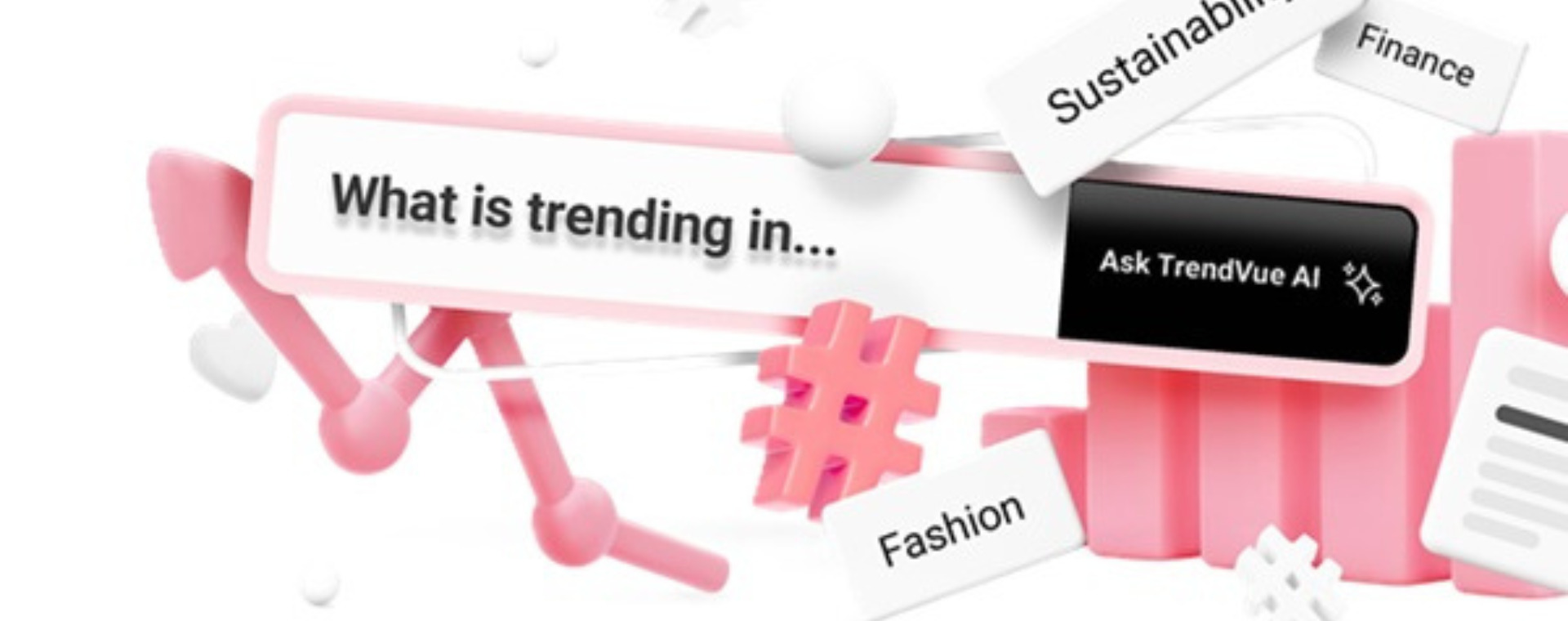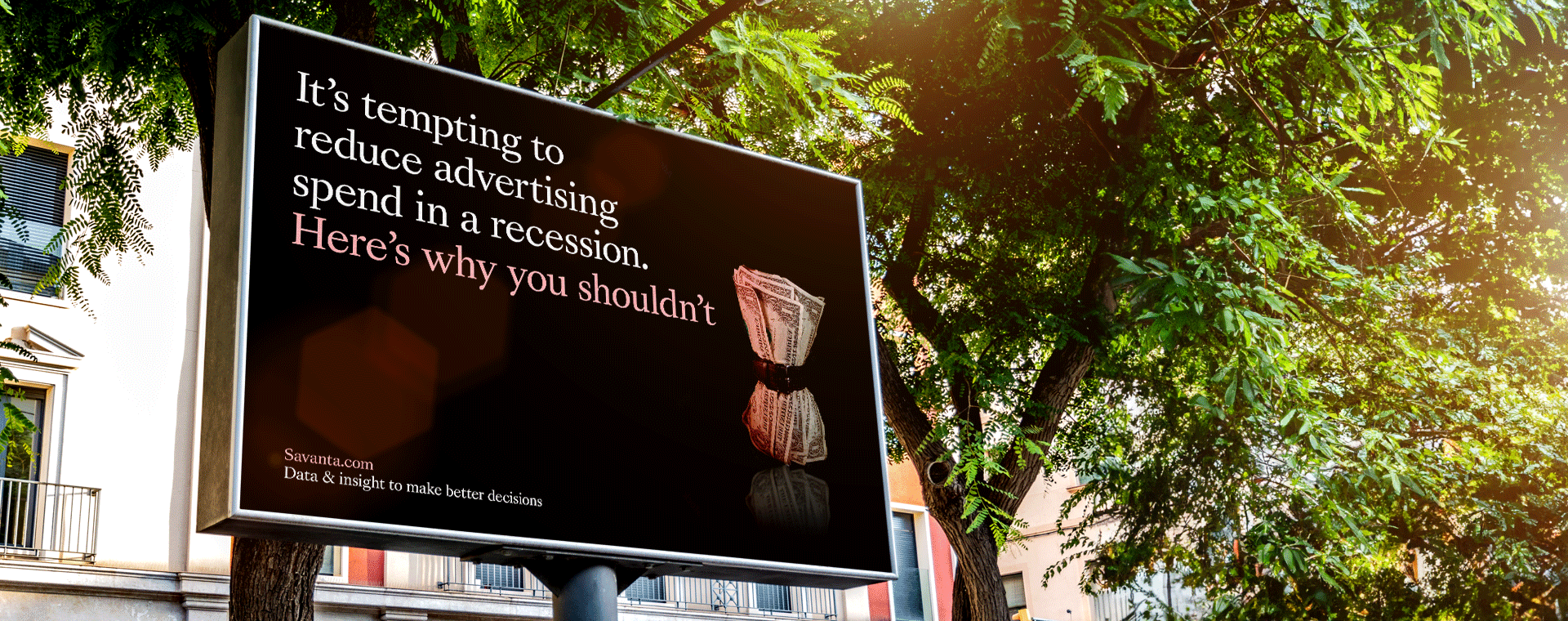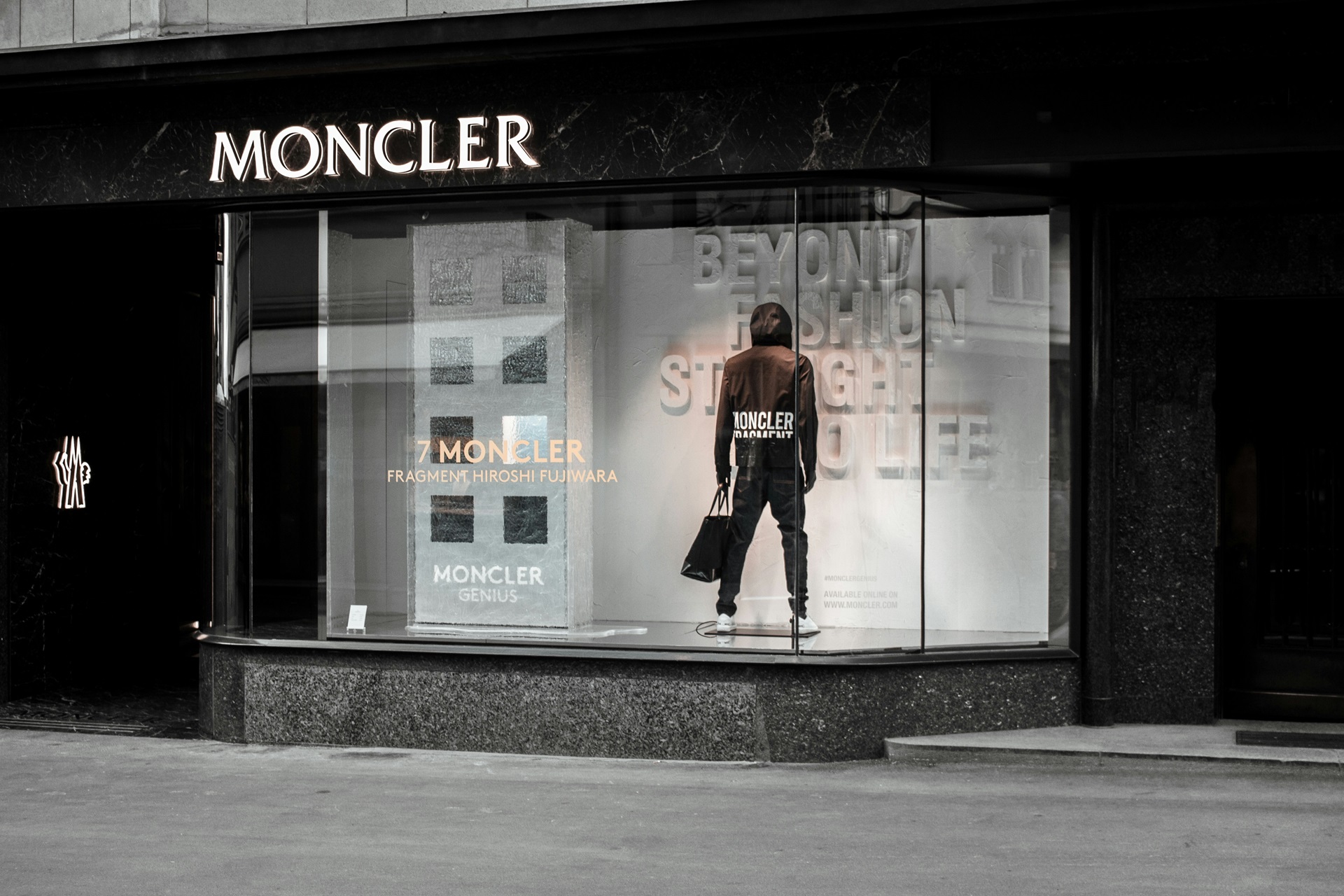
While the world has become more vocal in shedding light on the perpetual plague that is racism and systemic disenfranchisement of racial and ethnic minorities, the United States has just begun its journey anew into looking into and acknowledging its past for everyone
Half of Americans stated that their employer had given them a paid day off (47%), and nearly three-quarters (70%) given time off in general.
Juneteenth, also known as Emancipation Day, is the holiday celebrating the liberation of 250,000 enslaved people in the state of Texas in 1865 and is traditionally held on June 19th. Initially, the celebration began in Texas, spread through the South, and is now nationally observed. This Monday, June 20th, will be the second time the Federal government has recognized the day as a public holiday after President Biden signed the Juneteenth National Independence Day Act into law.
While public holidays technically only apply to federal employees, almost half of Americans surveyed stated that their employer had given them a paid day off (47%), and nearly three-quarters (70%) given time off in general. And while many, in a small way, benefit from a long weekend, most are unaware of the history and meaning of the day, with only two in every five (39%) Americans knowing the significance.
Juneteenth comes as a broader reminder, not only of the historical connotations which permeate the country’s foundation but also of the current social, economic, and political surroundings to which many Americans had previously turned a blind eye.
In Savanta’s report on the perceptions of racism in the last year following the George Floyd protests, the divide between Black and White Americans has become starker, as 65% of Black Americans say that racism had gotten worse in the year from 2020 to 2021, while 39% of White Americans believed the same. Similarly, 68% of Black Americans surveyed believed the US was divided politically along racial boundaries, and White people at a rate of 52%.
Unsurprisingly, Asian Americans registered nearly identically to Black Americans, with 66% believing America is divided along racial lines. This particular view was after the nation saw a 339% increase in hate crimes directed towards Asian Americans, as registered by the Center for the Study of Hate and Extremism. Not a typo, 339%. This divide stems far less from active disagreement between racial groups and more so an inclination of White Americans to perpetuate an “out of sight, out of mind” mentality when it comes to other Americans and the discrimination that marginalized communities face.
This trend is waning however, with many younger Americans taking a much more definitive stance on tackling racism, not only in their own lives but also in the businesses they engage with. 83% of Americans between the ages of 18-22 felt that it was important for brands to speak out on the issue, and the results show in the internal efforts of companies to address the situation, as 57% of those surveyed in 2021 felt that the conversations around Black Lives Matter had improved the workplace. This indicates that the awareness of different parties in the country is on the rise, and more are willing to engage and participate in progress.
So, while Juneteenth is celebratory and a time to look to embrace one’s community, it is also a marker for many who had been allowed to turn a blind eye to the current circumstances faced by others outside their own circle and begin reconciliation with the past of the United States.
Our latest Savanta study investigates the lasting impact of the movement by tracking the changes in attitudes amongst all
If you want to read the full Savanta report, Black Lives Matter: Re-energizing the conversation, download the report HERE.





